
How to build a child’s self-esteem
Key points: Children build their self-esteem through experiences and nurturing their confidence. A is for Appreciation – pay attention to…
[cat_cust_menu]

Key points: Children build their self-esteem through experiences and nurturing their confidence. A is for Appreciation – pay attention to…

Key points: Nature walks are a fun way to get children to practice mindfulness and observe their surroundings, and can…

Key points: Adversity and stress in early childhood can have physical and chemical implications in the brain, damaging learning capacity…
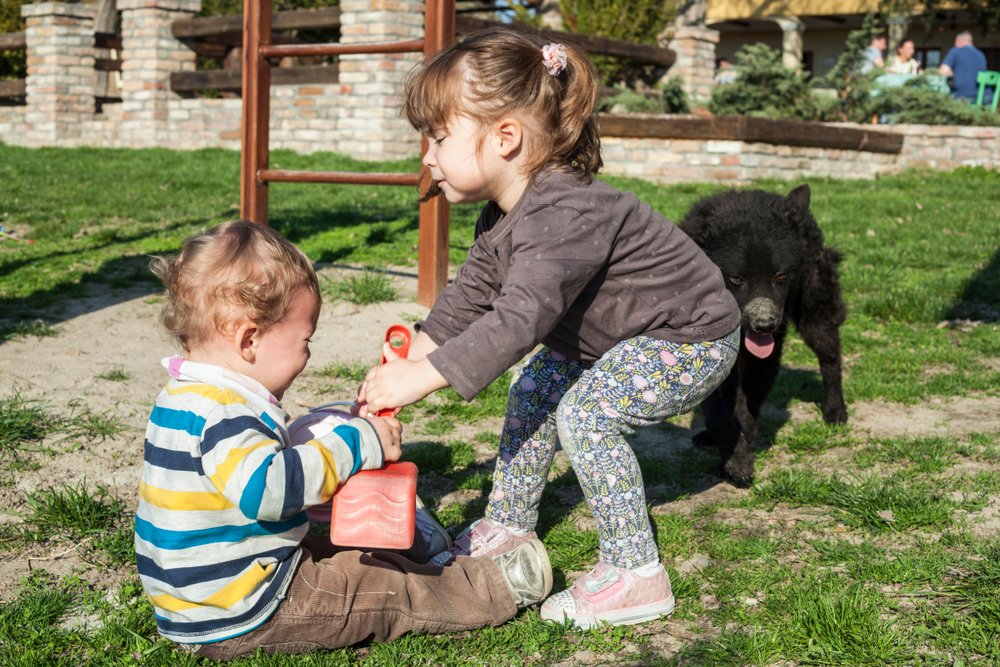
Key points: Parents need to observe and analyze toddlers’ behaviors to understand what they are trying to communicate. Behavior patterns…

Key points: 1. The environment significantly influences a child’s genes and development from before birth. 2. Epigenetics explores how experiences…
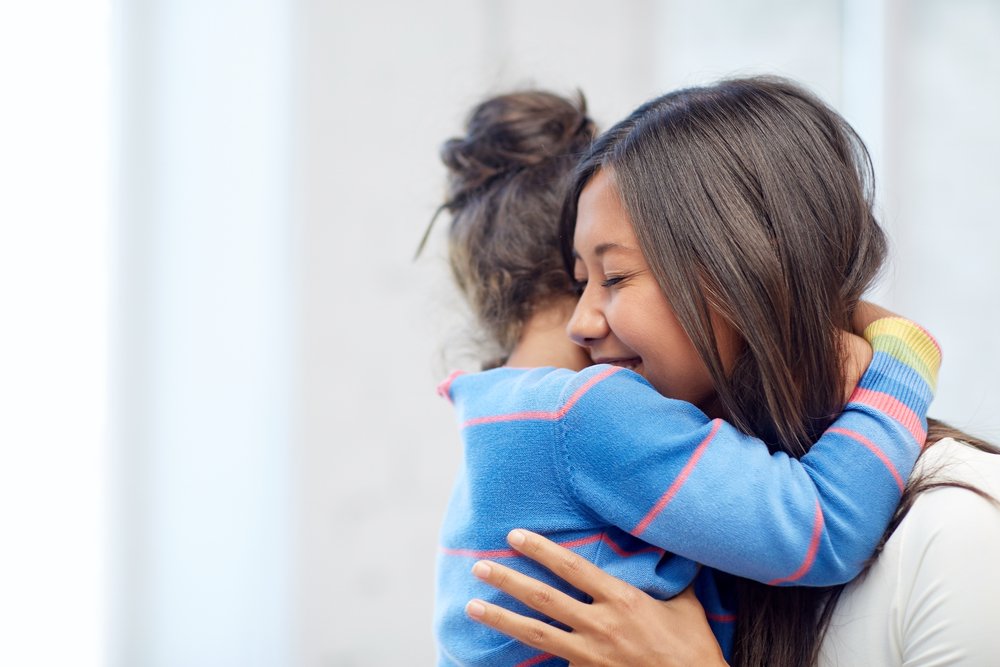
Key points: 1. Expressing gratitude leads to being compassionate, generous, happy, and healthy. 2. Nurture gratitude in children by modeling…

Key points: 1. Books prepare kids for school and encourage communication. 2. “The Pout-Pout Fish Goes to School” and “The…

Key points: 1. Limit screen time for kids (2-5 years). 2. Pack appropriate entertainment for the trip. 3. Engage in…

Key points: 1. Parents’ emotional state affects children, who absorb emotions from an early age. 2. Practicing mindfulness enhances awareness…
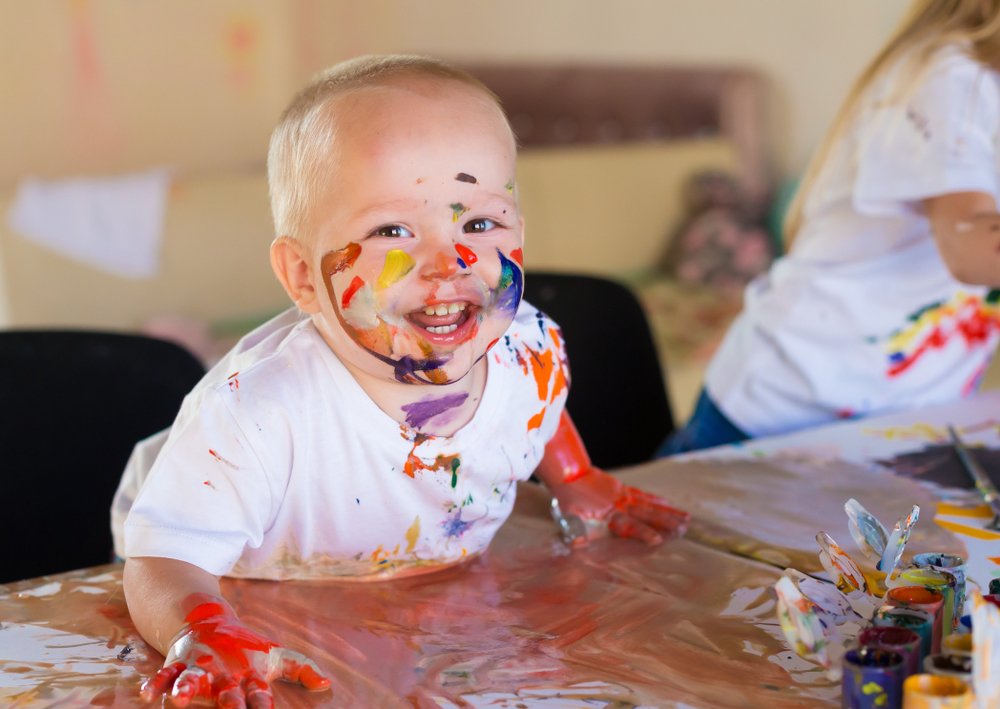
Key points: 1. Baby emotions evolve from simple to complex, influenced by physiological changes and stimuli. 2. Basic newborn emotions…

Babies and infants are much more sensitive to what we put on their skin than adults. Here’s how we can…

Key points: Scissor use develops hand muscles and coordination. Skills needed for scissors include hand separation and hand-eye coordination. Everyday…
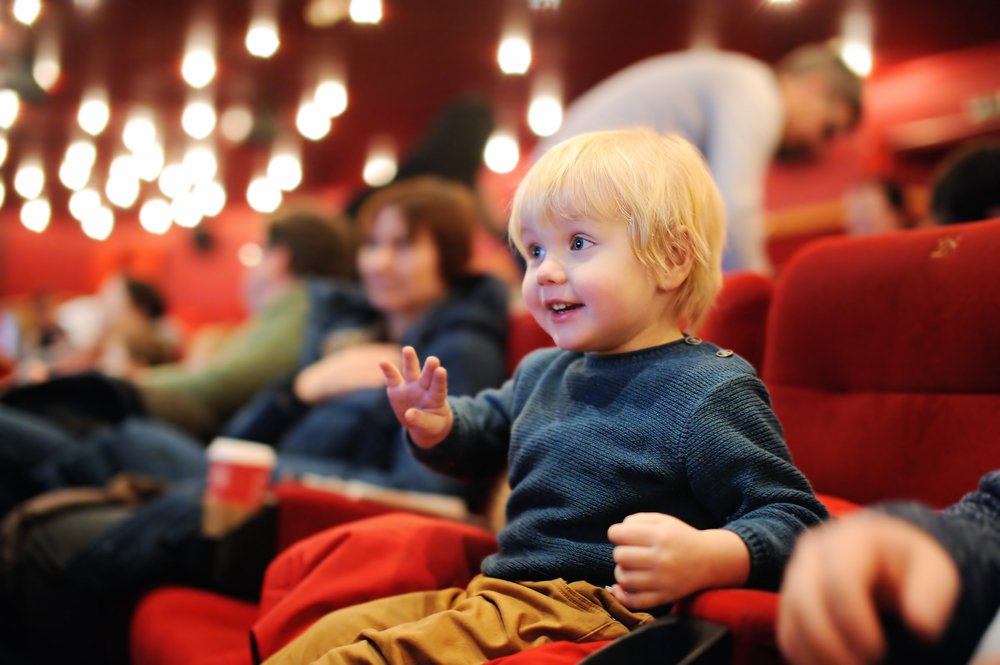
Key points: Introducing your child to the cinema or theater should be done between 2-4 years old, but it ultimately…

Key points: Having difficulties with sharing is a part of every child’s developmental process. Sharing is a fundamental skill that…

Key points: Children respond more to actions than words; what you do matters most. Reinforcing positive behaviors is crucial to…
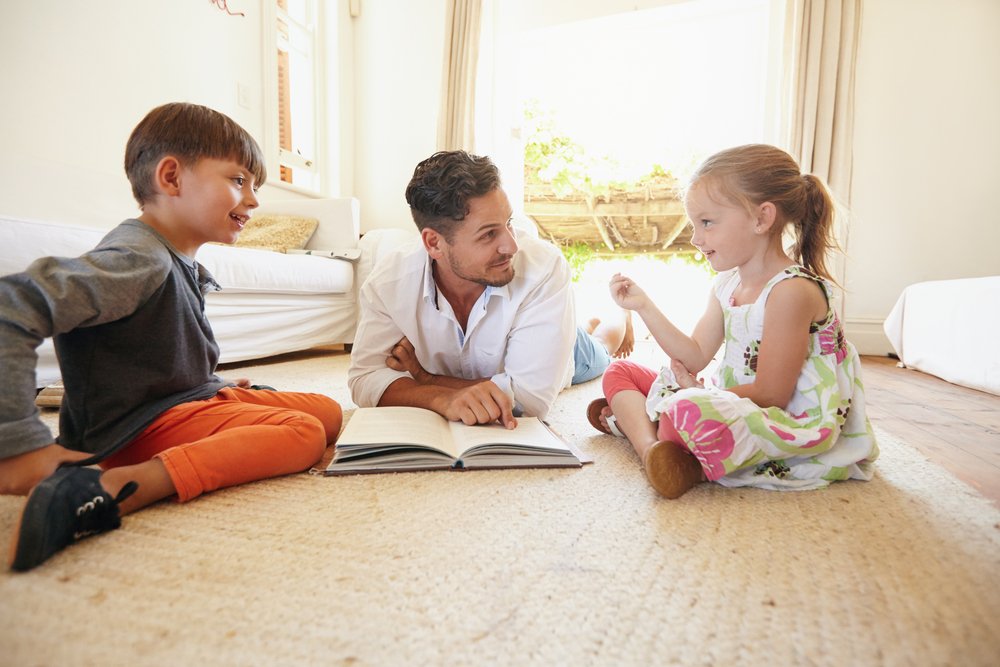
Key points: Pragmatics, or social communication rules, are vital for effective language use. Teach them the importance of nonverbal communication…
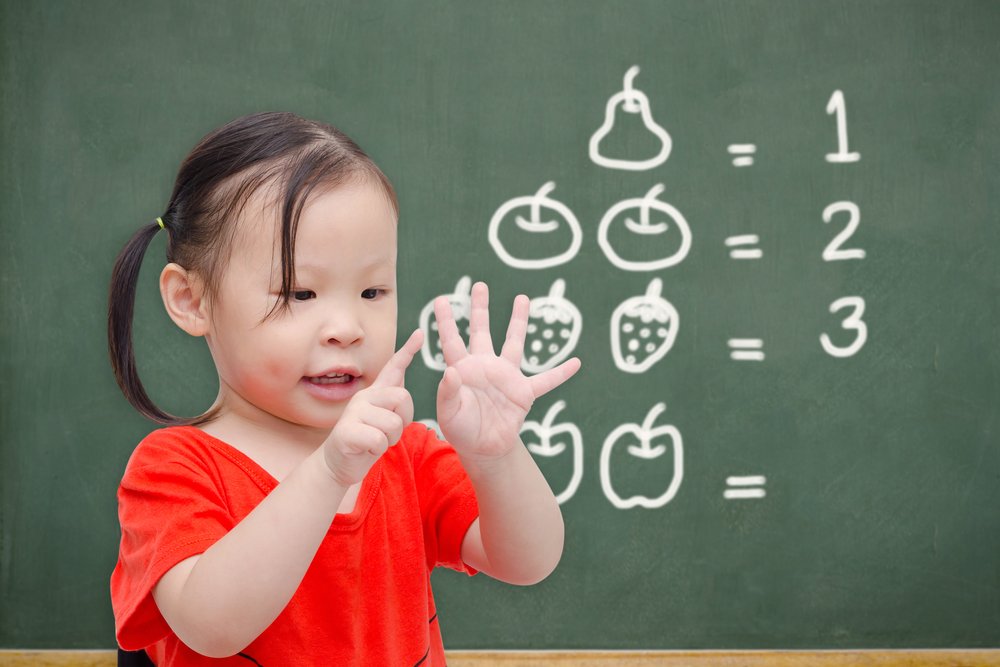
Key points: Plural form of a noun indicates that we are talking about more than one person or object. Regular…
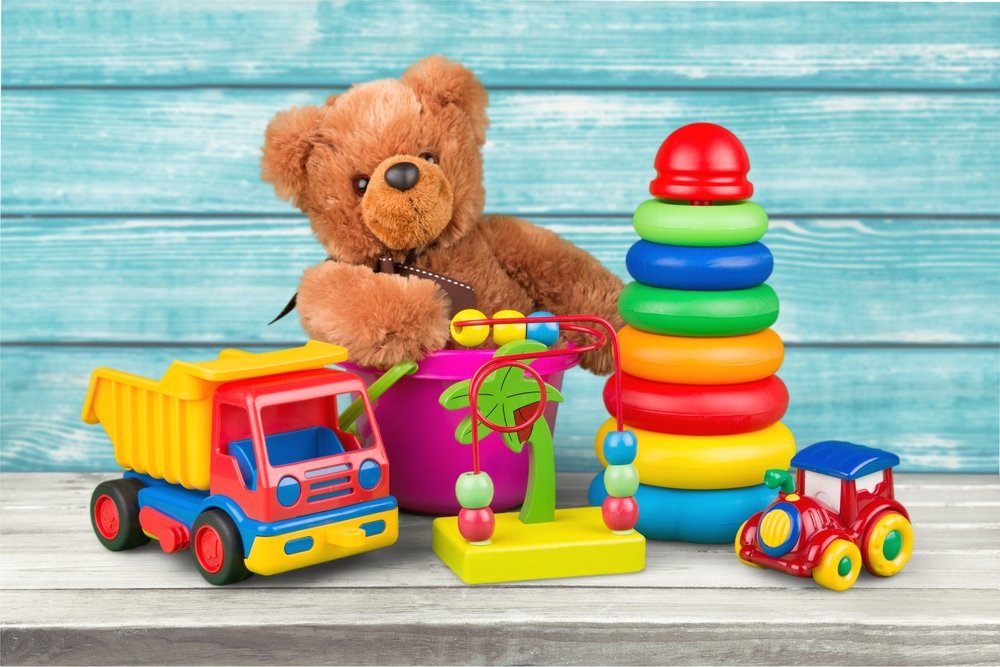
Key points: Pronouns are words that replace specific nouns and give information about gender or number. There are different types…

Key points: Meaningful conversations involve a back and forth exchange between two or more people. Having meaningful conversations with your…
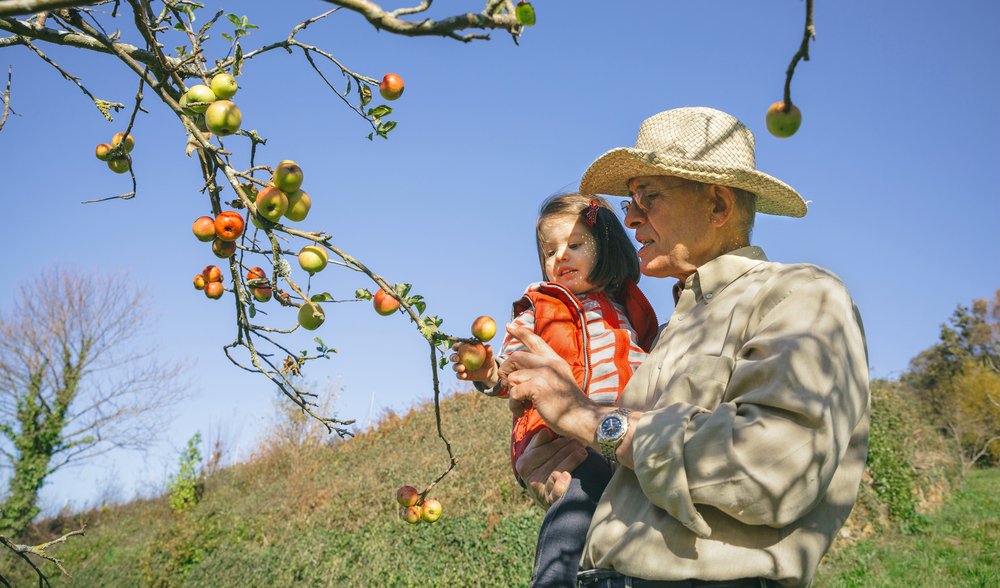
There was probably a point in which you were the only one that could decipher what your little one was…

Key points: The quality of interactions between parents and children is more important than the number of words children hear…
Subscribe to our newsletter and join Kinedu’s community